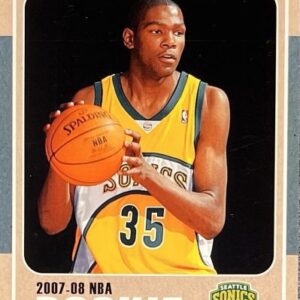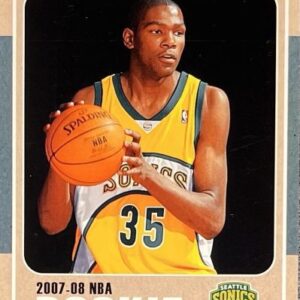In a twist that sounds more like a plot from a sports drama than the day-to-day operations of Major League Baseball, Shohei Ohtani, a shining star in the MLB galaxy, finds himself at the center of a financial scandal. However, the allegations are not directed at Ohtani himself, but at his interpreter, Ippei Mizuhara. Mizuhara, who also plays a significant role as Ohtani’s day-to-day manager, is now batting against federal charges of bank fraud.
The legal fastball came in the form of a 37-page complaint by federal prosecutors, hurling accusations at Mizuhara for allegedly pilfering more than $16 million from Ohtani’s bank accounts. This is no small peanuts, or cracker jacks, for that matter. The interpreter supposedly used the siphoned funds to alleviate his massive gambling debts and also to scoop up around a thousand baseball cards. One might wonder whether collecting cards of players batting and pitching could somehow offset the misfortune of wildly unsuccessful bets. Spoiler: it does not.
It seems Mizuhara’s love for the game transcended the baseball diamond and ventured into the world of collectibles, but not in a manner most would admire, let alone condone. According to the U.S. Attorney’s Office, under the pseudonymous cloak of “Jay Min,” Mizuhara swiped through auction pages on eBay and Whatnot, securing approximately 1,000 cards. His transactions averaged about $325 per card – certainly not small change, especially when some notable names like Juan Soto and Yogi Berra were involved, not to mention cards of Ohtani himself.
These baseball cards weren’t destined to be sealed away in a vault or showcased in a memorabilia display. Instead, some found temporary homes in Dodgers’ turf, specifically juxtaposed to Mizuhara’s workspace, coursed their way via clubhouse employees who unknowingly assisted in the scheme. It’s like a foul ball in what should have been a straightforward play.
Investigators digging through Mizuhara’s vehicle discovered these cards, safely nestled in protective cases – relics of his misguided ventures. They are still flummoxed by the sheer volume of the acquired collectibles and are piecing together the inventory, which was purportedly intended for future sale. Given the circumstances, one may presume these cards were less about passion for the game and more about financial recuperation plans.
Meanwhile, the saga unfurled a narrative filled with deceit, revealing Mizuhara’s penchant for the gambling tables. He reportedly placed upwards of 19,000 bets, accruing a staggering net loss of $40.7 million over a brief span — a sum and activity starkly contrasting the athletic achievements of his employer, Ohtani, who remains untainted by the scandal. Notably, the bets laid by Mizuhara steered clear of Major League Baseball, perhaps a small mercy in this slew of revelations.
It all began innocently enough in 2018 when Ohtani, fresh to the U.S. and grappling with the language barrier, entrusted Mizuhara to help open a bank account. Ohtani, displaying both talent and trust, never handed over the reins of his financial chariot to Mizuhara. Yet, it appears that Mizuhara, cloaked in the guise of interpreter and manager, allegedly rerouted those reins to fuel his own desires, veiled under the trust placed by Ohtani.
U.S. Attorney Martin Estrada’s reflection on the case underscores the betrayal, spotlighting the severe breach of trust and the alarming magnitude of the alleged fraud. Mizuhara, by posing as Ohtani, purportedly authorized hefty wire transfers, funneling the funds to fuel his floundering bets, weaving an intricate web that one could only hope to unravel in a courtroom, not in real life.
As Mizuhara faces his day in court in downtown Los Angeles, the ramifications of his alleged actions stretch far beyond the personal. They taint the sacred trust that should exist in the symbiotic relationships crucial to navigating not just baseball, but life in foreign lands.
This tale serves as a stark reminder of the pitfalls that can occur when trust, an invaluable currency, is traded not for mutual gain, but for personal salvage. As the gavel prepares to swing, all eyes will undoubtedly be on how justice interprets this intricate play between trust, temptation, and the tragic misuse of a designated hitter’s fund.






